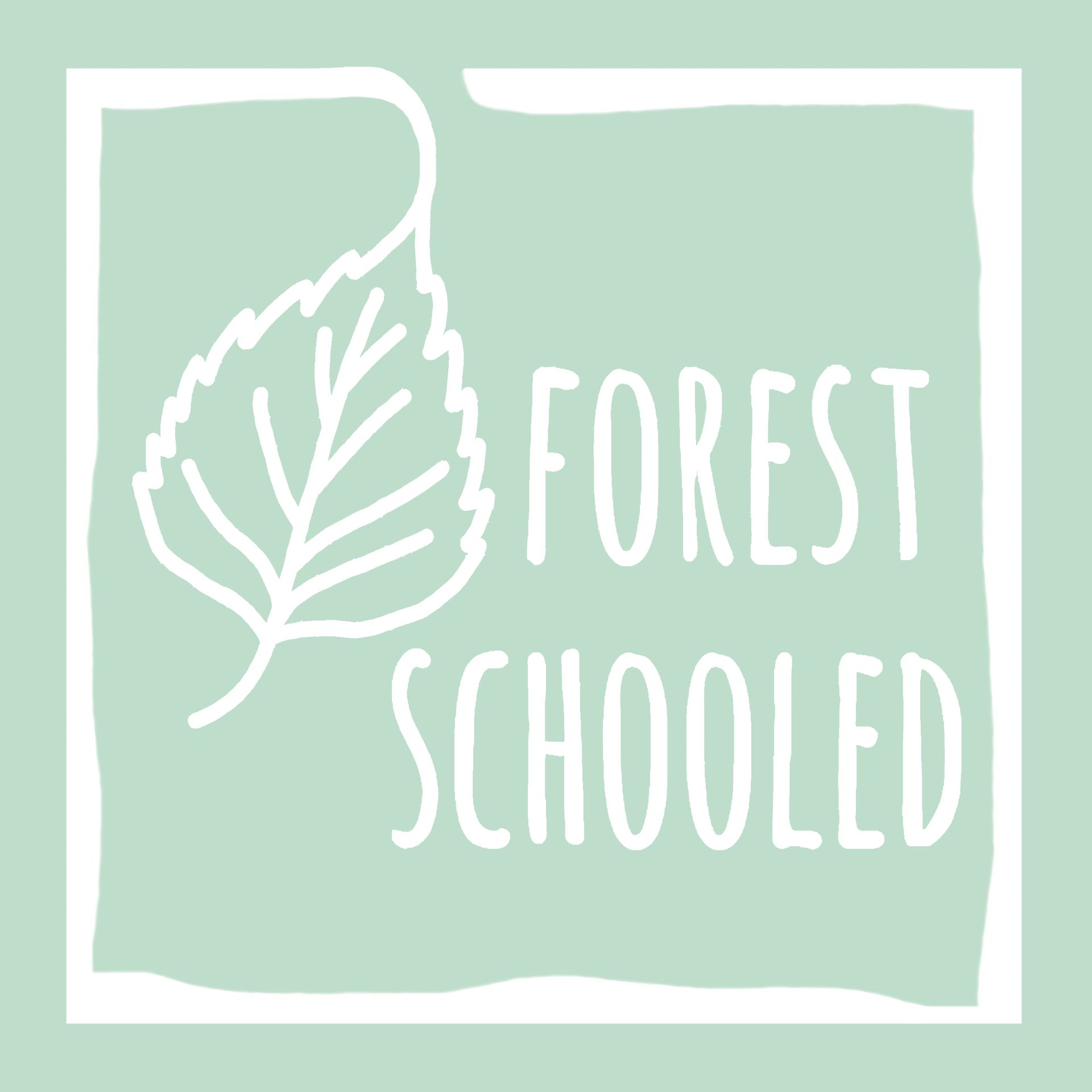
Blog
Stories from my personal journey learning about and delivering Nature-rooted programs across three different countries
Forest Schooled USA
Caylin (Forest Schooled)
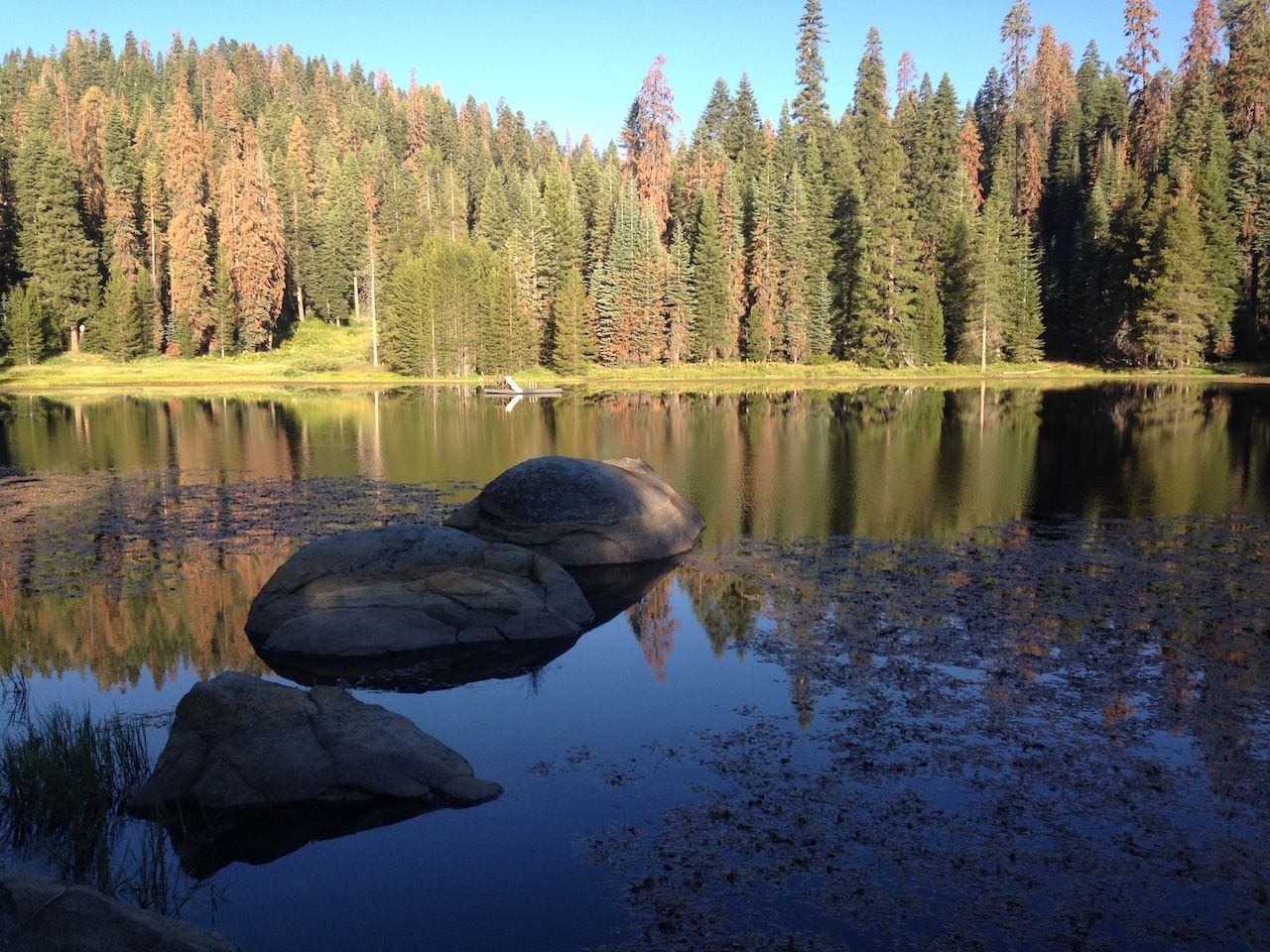
Empty space, drag to resize
Sorry for going quiet on here recently! I went away for two weeks to Kings Canyon/Sequoia National Park in California. I was given the opportunity to go back and work at the summer family camp where my working outdoor education journey basically began about eight years ago. The camp is located in the gorgeous Sierra Nevada mountains nestled in amongst pine and fir trees with its own private lake. It takes an hour and a half drive down a steep and winding road to reach what camp people call 'civilisation'. Wifi is not the most reliable at camp which is why I've not posted anything lately.
However, I love experiences like that because as each day passes you realise how little you actually need it and how much more time you spend talking to the friends you're with. The last time I'd been at camp was four years ago and it felt great to be back in the mountains again. I spent the two weeks helping out with various activities and teaching campers of all ages 'survival skills' like building fires and campfire cooking.
However, I love experiences like that because as each day passes you realise how little you actually need it and how much more time you spend talking to the friends you're with. The last time I'd been at camp was four years ago and it felt great to be back in the mountains again. I spent the two weeks helping out with various activities and teaching campers of all ages 'survival skills' like building fires and campfire cooking.
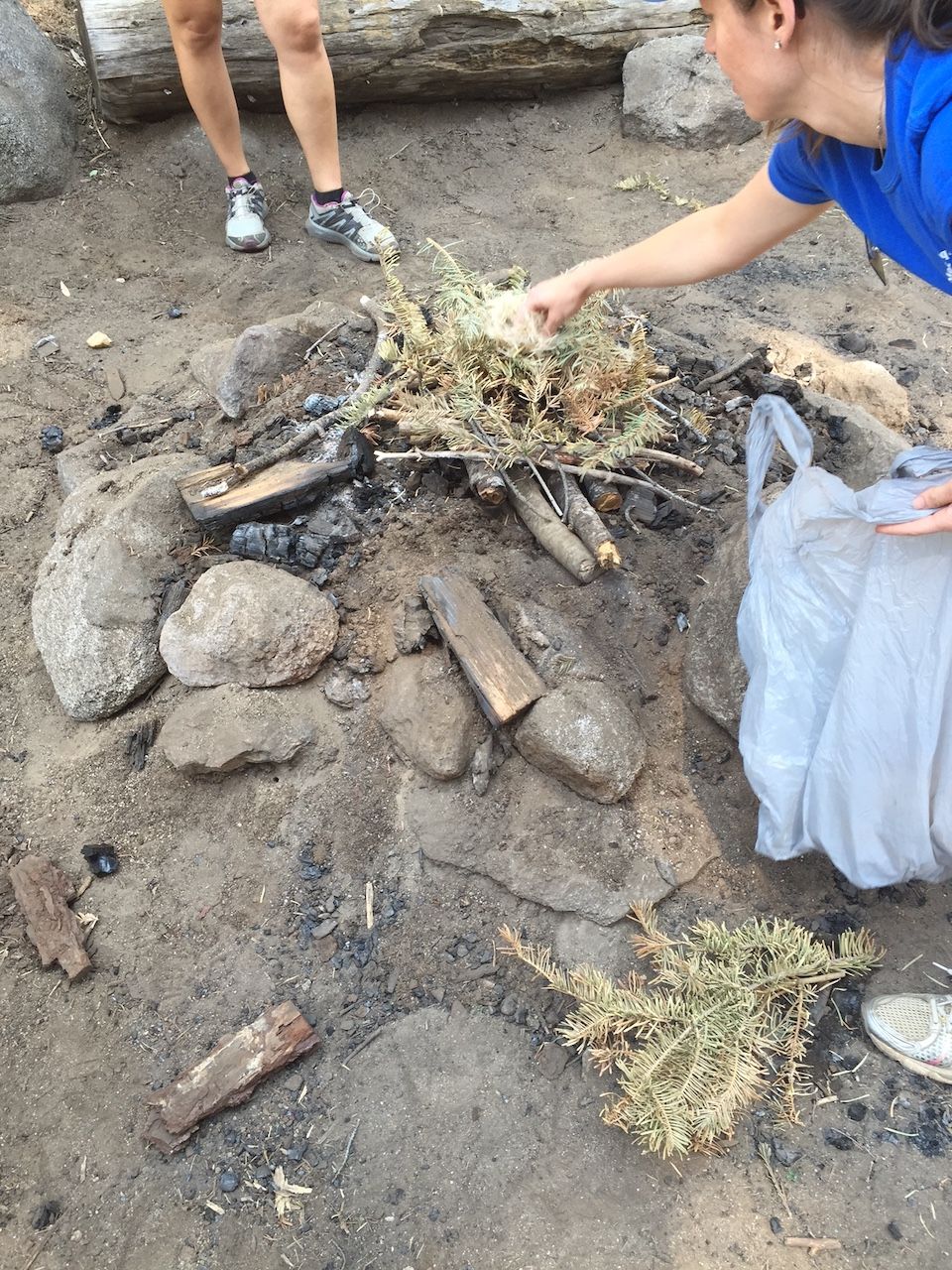
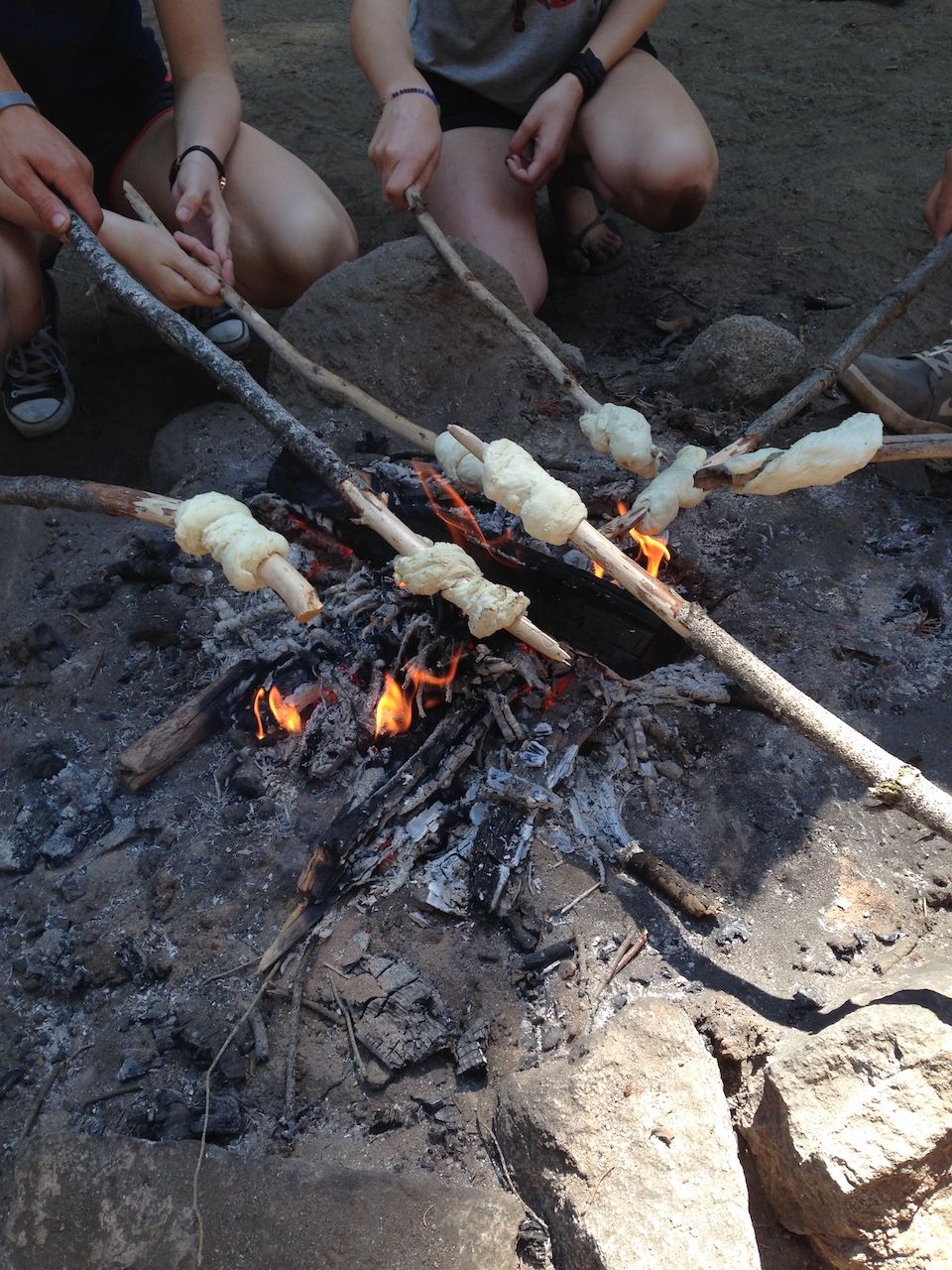
Being back at camp after living nearly four years in England gave me a little perspective. I've always been aware of various cultural differences between the two countries. Of course there's the different food preferences, accents, language and car sizes... And there's the whole driving on the right (wrong?) side of the road. But going back to camp made me wonder, would I notice any differing attitudes between British versus American parents and children towards spending time in the outdoors? I also wondered how the philosophy of Forest School might fit in to all of it too... The last time I was at camp, I had never even heard of Forest School. Going back with the understanding and knowledge gained from my training and experience was really interesting. Here's what I observed:
(Brief disclaimer: America is a big country and, just like England of course, is not culturally homogeneous. Please note that the following observations do not represent the views of all Americans/British)
So, what's camp like and how is it related to Forest School? To give a brief overview, families attend camp for one week, arriving on a Sunday and leaving the following Saturday. The format for activities is open ended. Campers are provided with a range of activities all throughout the day and they can choose what they wish to participate in. They could take part in the same thing all day long or do a variety of different things – it's entirely up to them. Kids can do activities with their parents or they can join a kids group led by a counsellor and take part in the activities with other children. Camp is secluded and not open to the public so there is a community feel to it in which everyone knows or at least recognises every body else. As a result, many children are given the freedom to roam freely around camp.
Additionally, many of the families who attend camp return year after year. Some have been coming every summer for over 10 years and many campers who attended camp as children consider their yearly camp experience as a core part of their childhood. Starting to see a few similarities with Forest School yet?
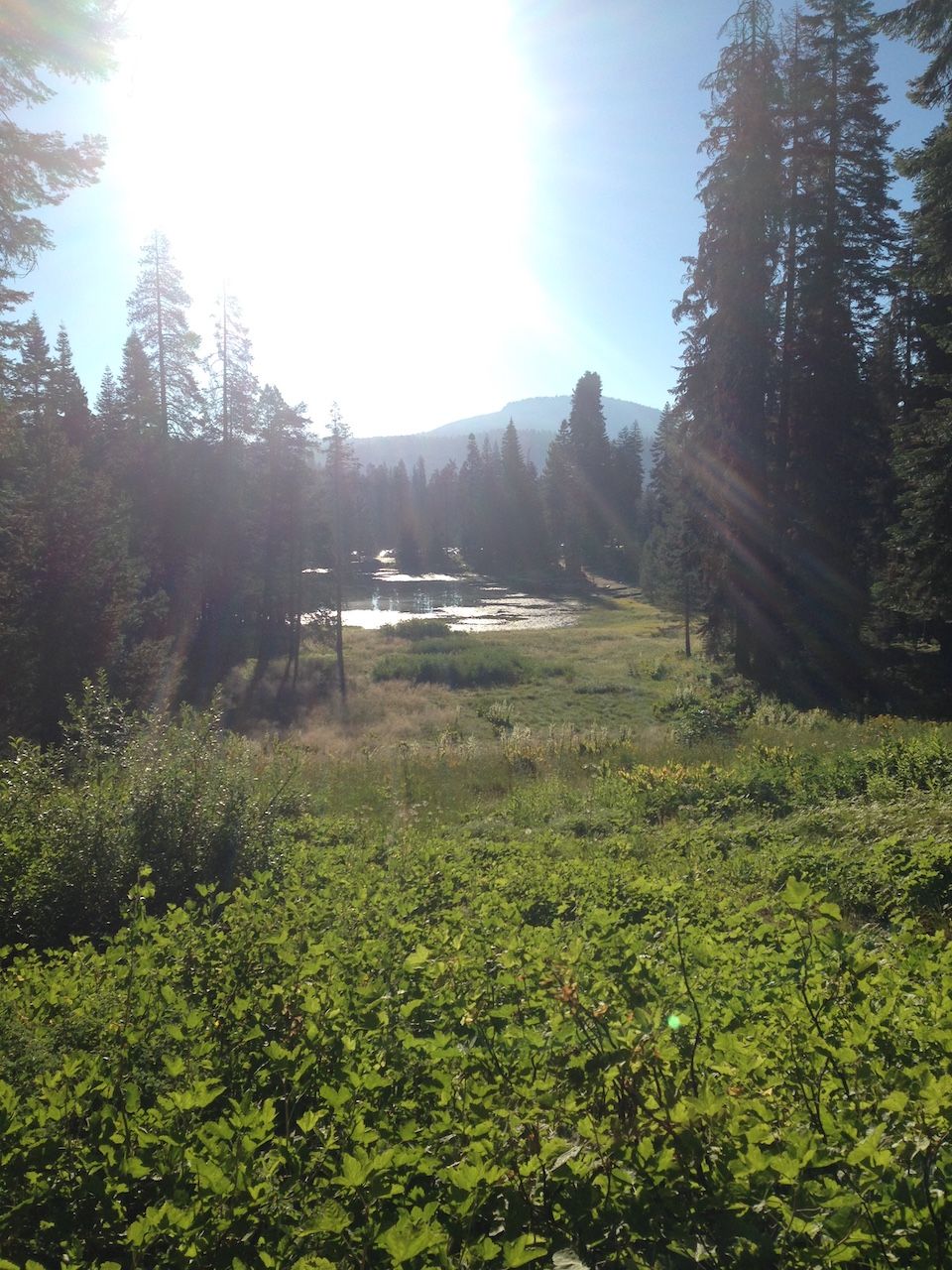
Here's a few specific observations about camp:
- It almost never rains in the summer so mud doesn't exist. However, there is dust. Lots and lots and lots of dust. And it covers you head to toe. Everyone at camp has dirty (sometimes unrecognisable so) feet – it's accepted as the norm and is almost considered fashionable... almost...
- Dens are called 'forts' and fort building consists of children scrambling around like an army of ants creating 'fortresses' by leaning sticks between and against boulders and trees. Sometimes there's fierce territoriality about the forts and 'raids' between groups ensue...
- Children 7 and up participate in an overnight in which they spend one night away from their parents camping out in the forest about half a mile away from camp (close enough to walk back if they need to, but far enough away to have some independence). Children return the next morning covered in dirt and often with bits of marshmallow from the previous night's s'mores still stuck to their smiling faces...
- Passions are often discovered at camp. Children and adults take part in activities they've never tried before like archery, canoeing, climbing, mountain biking, yoga, stone carving, guitar and much much more. Sometimes these learning experiences spark life long interests and even careers...
- Campers participate in a range of silly activities like songs and skits throughout the week. Every morning consists of singing songs about topics like pale faced polar bears, alligator friends, lion hunts, and broken red wagons. Most don't make any sense, but that's not the point. Laughter, silliness and play is encouraged and it's amazing how powerful this is in building a sense of camaraderie and community. It's also a good way to wake up in the morning – sometimes jumping around shouting about how much you love bubble gum at 9am can be more effective than coffee. Don't believe me? Don't judge until you try it yourself...
So, all in all, it's not difficult to recognise that camp is not 'Forest School'. There are obviously many differences (check out About Forest School for an overview of what makes Forest School unique). However, there are many similarities too. Particularly, there is a focus on connecting people not only to nature but also to each other, fostering a great sense of belonging and community. And spending a full week outdoors in and amongst the trees, not worrying that your feet are covered in dust or the wifi isn't working is almost like hitting a reset button, reminding you of what's truly important.
During my time at camp, I had an interesting conversation with some parents (all of which live and raise their families in California) about whether they felt their children needed more time outside. Obviously, the year-round warm, sunny weather of California lends itself to more outdoor activity than in England, but even so, they said that given the chance they'd still want more for their children. Why? They could see the benefits that outdoor experiences gave to their children's confidence, skills, and overall well-being. So, I guess despite our disagreement about the pronunciation of the word banana, the British and Americans may not be so different after all 😉
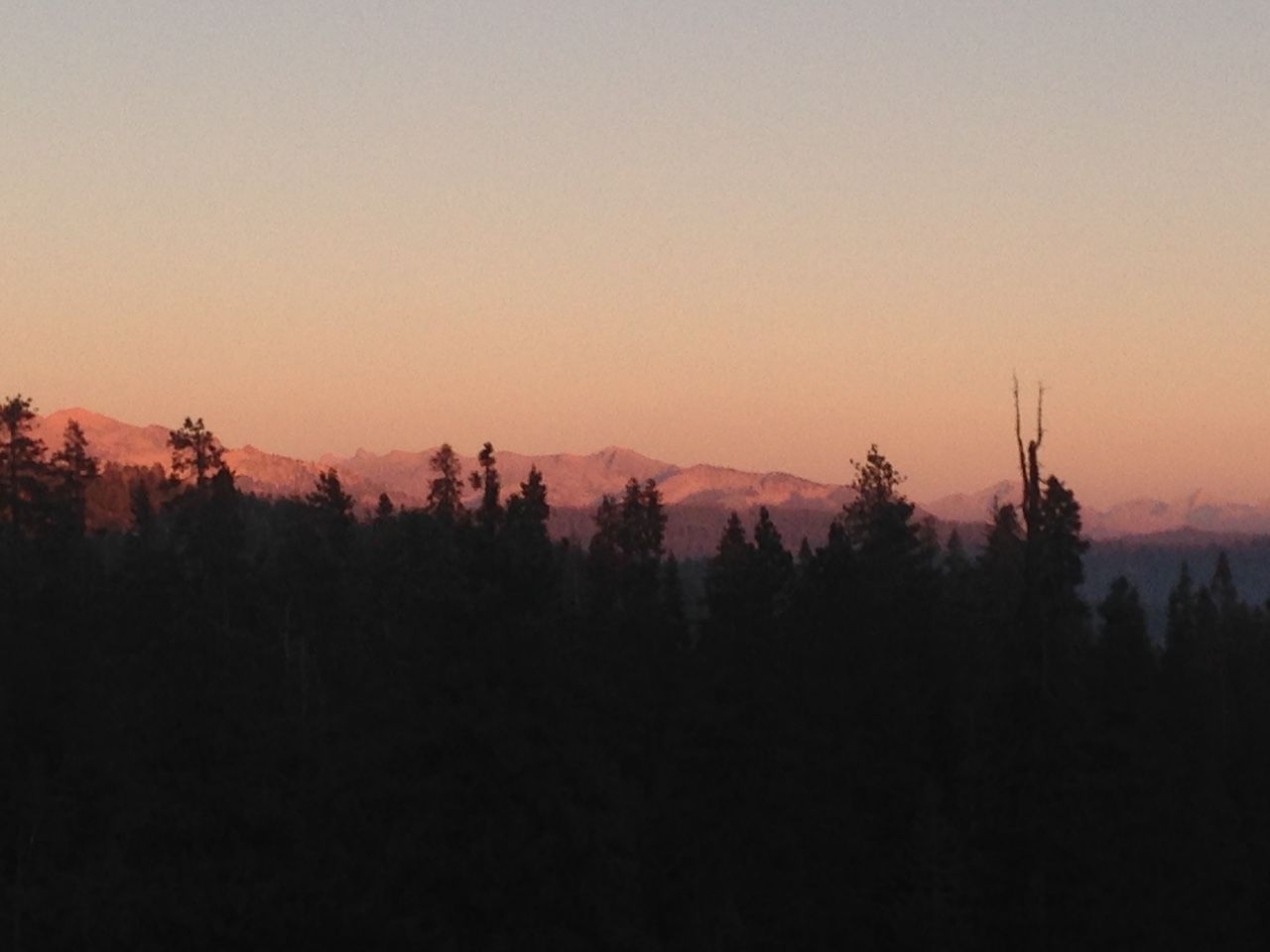
More Posts
WANT TO GET FOREST SCHOOLED TOO?
Subscribe to my email letters, something special from me to you so we can learn together. Each one is filled with heart-felt stories from the forest, resources you may find useful, and things that hopefully bring a smile too.
Thank you!
© by FOREST SCHOOLED
